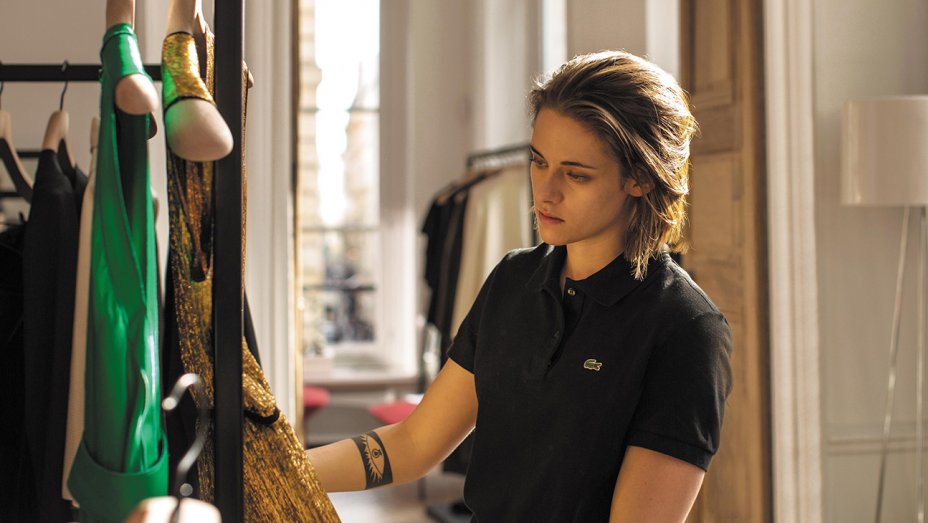Slack Bay and Personal Shopper were the talk of the town at the Cannes film festival this year
As a rift grows between the more conspicuously commercial elements of the French film industry and the personal, unconventional auteur pieces that defined French cinema for much of its golden era, it is the latter that continues to be a staple of international film festivals. Montreal’s Cinemania festival, which celebrates the brightest French productions of the year, featured two films that have been attracting attention since their premiere at Cannes this past spring.
Ma Loute, known in English as Slack Bay, is singularly grotesque. What could have been a straight comedy—the slapstick, satire and absurdity—is instead an entrancing, if unsettling experience. The film’s humour is so relentlessly over-the-top it seems to be mocking its own audience. Even the viewer’s act of marveling over the striking setting—a coastal region of Northern France, home to director Bruno Dumont—is ridiculed during the film.
Who are we to identify within this caricature of class warfare? On one side, we have a decadent bourgeois family, played by well-known actors who overact as if in a state of drunken insanity. On the other, a mysterious family of oyster farmers and ferrymen, played by eerie-looking locals whose presence intensifies the surreal style of the film, making it seductively hostile.
It is an often baffling, unclassifiable work, comparable in part to David Lynch and Monty Python but bathed in French sensibilities, incorporating both theatre and carnival traditions. It will alienate viewers who find it suspect for being fundamentally unexplained, or frustrating for its deliberate lack of cohesion. However, those curious to immerse themselves in a foreign vision, one that is unpredictable and perhaps beyond reach, may come out pleasantly mystified by the experience.
Another film at Cinemania is the much less compelling and blandly titled Personal Shopper, starring Kristen Stewart as a fashion assistant who attempts to communicate with the dead. Stewart, made famous by the Twilight series, has become something of a darling in France—she was the first American actress to win a César Award, which is comparable to an Oscar, and the film’s director Olivier Assayas called her one of the best actors of her generation. While it is true that she has successfully avoided being typecast and has proved herself to be a reliable talent, such enormous praise remains puzzling. Assayas’ assertion back in September that Stewart has “an infinitely [large] range” is at odds with the fact that she is notoriously inexpressive, and rarely has that been more obvious than in Personal Shopper, which barely gives her any character material to work with.
A ghost story provides ample excuse for suspense and frights generated by an invisible, watching presence, but such luxuries are in short supply here. The film works best when dealing with the supernatural, but it is essentially a parable for grief, more akin to a European existential drama than to, say, this year’s gripping Under the Shadow. Personal Shopper indulges in long, empty scenes that involve Stewart’s character walking through a deserted manor or shopping for clothes and accessories—not an activity most audiences are likely to find exciting.
No release date has been announced yet for Slack Bay. Personal Shopper will be released in theaters on March 10, 2017.
